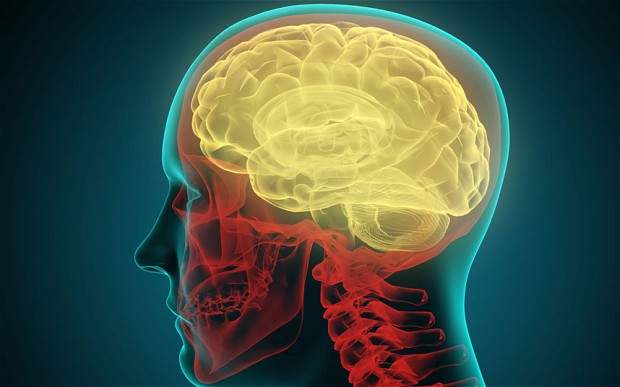Neurosarcoidosis Can Be Misdiagnosed as Meningitis, Case Study Reports
Written by |

Neurosarcoidosis — a rare form of sarcoidosis affecting the central nervous system — can be misdiagnosed as meningitis because of similarities in neurological symptoms, a case study from Mexico reports.
Meningitis is an inflammation of the membranes, called meninges, that surround and protect the brain and spinal cord.
The study, “Not everything is as it seems: neurosarcoidosis presenting as leptomeningitis,” was published in the journal Clinical Case Reports.
Sarcoidosis can affect several organs, but the involvement of the central nervous system (brain and spinal cord) is very rare. According to a previous study, only about 5 to 25 percent of sarcoidosis patients are affected with neurosarcoidosis, and only about 10 percent of those develop significant symptoms.
The researchers in Mexico described the case of a 39-year-old woman admitted to the emergency room with a two-week history of neurological symptoms, including headache, disorientation, garbled speech, fever, nausea, and vomiting. Her symptoms had worsened over time.
A blood test showed very low levels of thyroid stimulating hormone. The woman’s pupils were narrow and she had stiffness in her neck. Blood tests and liver function tests were normal.
Magnetic resonance imaging (MRI) of her brain showed symptoms of meningitis and the buildup of cerebrospinal fluid.
A spinal tap indicated elevated levels of immune cells. The fluid was clear of microbes; however, microbes that cause these infections usually take time to be detected under laboratory conditions.
Doctors drained the excess fluid from the woman’s brain. Suspecting an infection, they started her on antibiotics.
Later, however, there was no indication of microbes in the cerebrospinal fluid. Still, the woman responded well to the treatment, and her symptoms improved. She was discharged three weeks later and told to continue a gradually lessening routine of steroids.
A month later, the patient relapsed. Besides showing the earlier symptoms, she became thirstier and was urinating often. An analysis of her cerebrospinal fluid revealed no immune cells. A chest X-ray was conducted, revealing a lung blockage.
Considering the recurrence of the neurological symptoms, the team repeated the brain scan, but this time with a more sensitive technique called PET/CT. It showed enlarged lymph nodes.
A biopsy of the nodes revealed granulomas typical to sarcoidosis.
The patient was given intravenous methylprednisolone, a steroid, which greatly improved her neurological symptoms. She was then discharged.
“Involvement of the [central nervous system] in sarcoidosis is rare, and neurosarcoidosis often presents when there is systemic involvement. The diagnosis should be made based on the clinical and radiographic findings and must be confirmed with a biopsy,” the researchers wrote.
“It is imperative to perform a prompt diagnosis so a timely treatment can be provided, thus reducing the morbidity and mortality associated with this disease,” they added.





